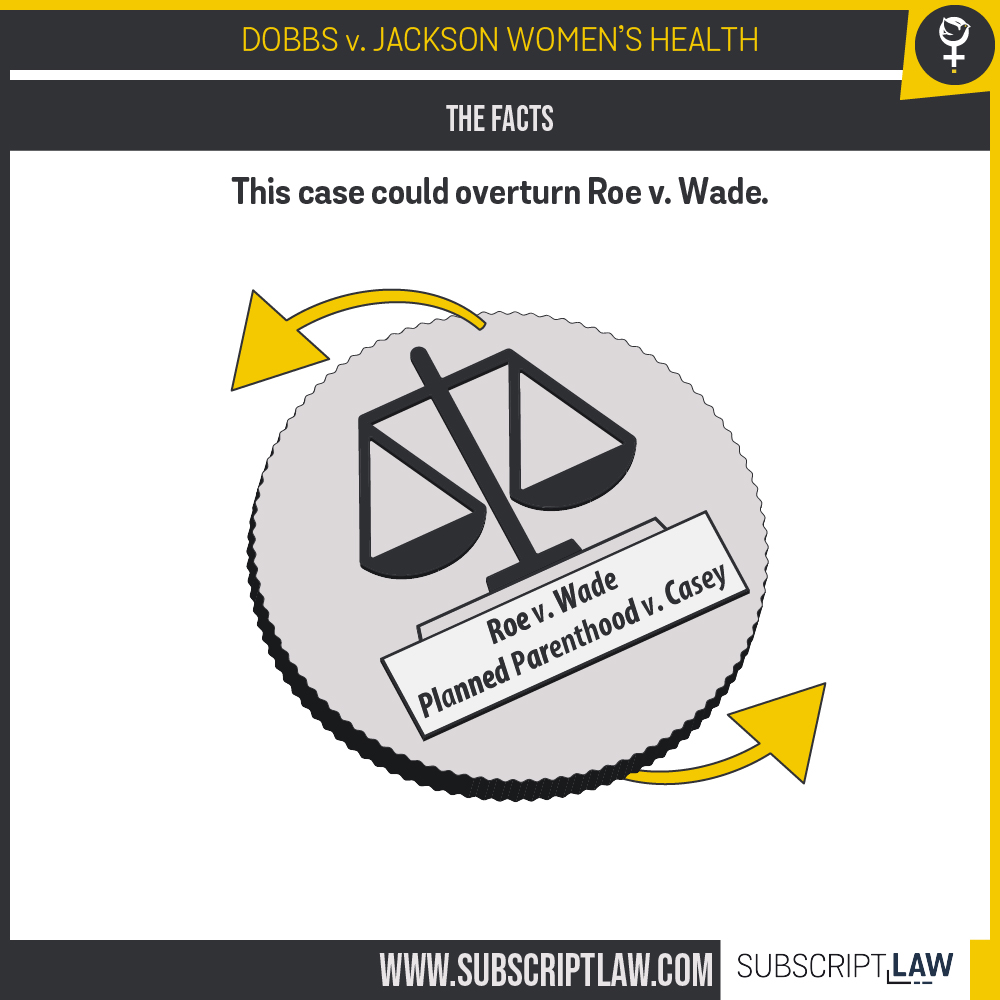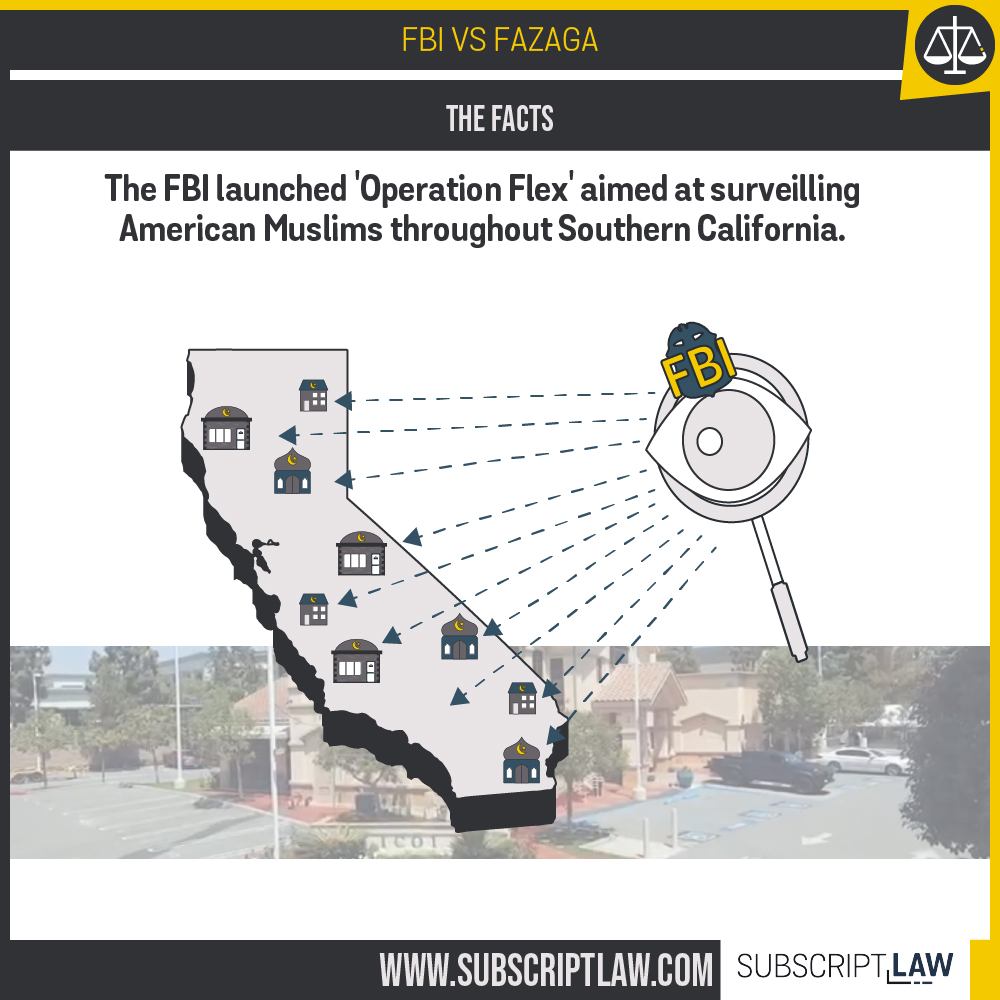Amy Hughes, shot by a police officer, loses her claim for excessive use of force.
The Supreme Court granted a Summary Decision today in Kisela v. Hughes. That means the Court decided the case without hearing arguments.
Andrew Kisela, a police officer, shot Hughes after responding to a police radio report that a woman was acting erratically with a knife. Hughes sued the officer with a civil rights claim. She alleged Kisela used excessive force, which is a violation of the 4th Amendment.
The story
Kisela was among several officers who responded to the 911 call. When Kisela and other officers got to the scene, they saw Hughes emerge from a house with a large knife to stand six feet away from another woman (who turned out to be Hughes’ roommate).
The officers twice told Hughes to drop the knife, and Hughes did not comply. At that point, Kisela shot Hughes four times (serious injuries but not life-threatening).
Qualified Immunity
The Court ruled that Kisela is immune from liability because he did not violate “clearly established” law. That’s the legal standard for establishing liability of a police officer in the course of the officer’s duties. In this case, the Court ruled, a reasonable officer in Kisela’s position would have believed Hughes was a danger to the other woman, which means Kisela is not liable for shooting.
Sotomayor and Ginsburg dissented, pointing out that none of the other officers fired in the same circumstances.
Comparison case
See another civil rights case of this term brought against police officers: District of Columbia v. Wesby.






